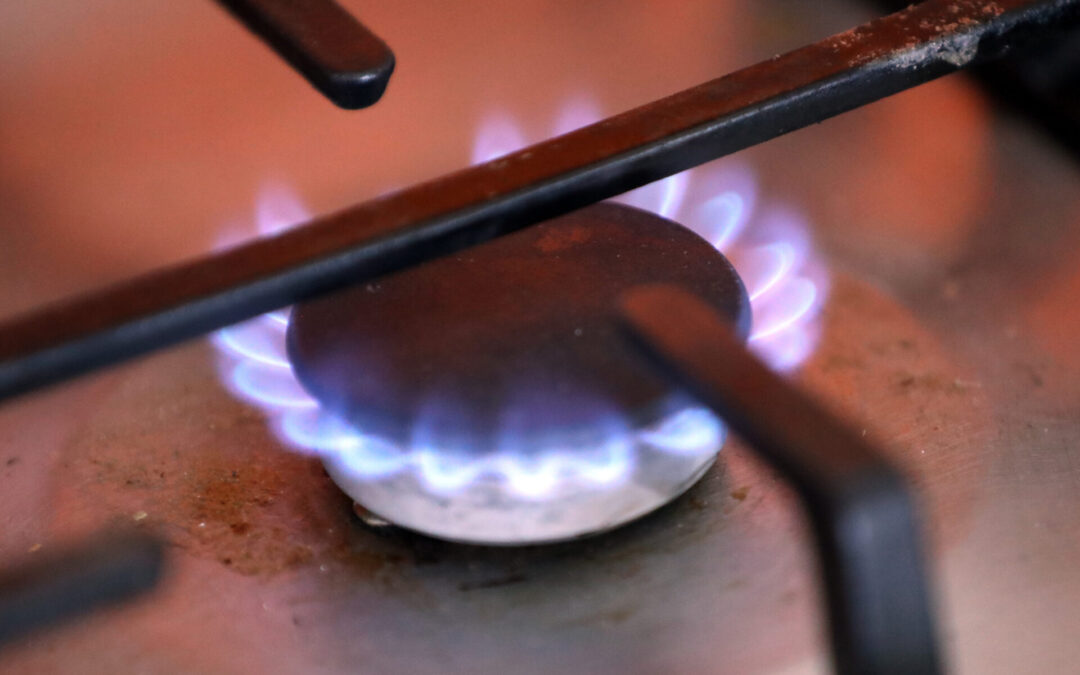LUXEMBOURG – The European Union is not prepared for a potential gas crisis, the European Court of Auditors (ECA) has determined, warning that the European Commission has not defined the gas price that households and companies can afford and that member states are still wary of bilateral agreements on supply solidarity.
The EU has, in a short period, in several stages, reduced imports of Russian gas, which has caused a supply crisis, the auditors state.
Under such conditions, the price of gas rose sharply, from 51 euros per megawatt-hour in August 2021 to as much as 339 euros per megawatt-hour a year later, they recall, and EU member states began subsidizing gas and electricity prices, allocating about 390 billion euros in 2022 alone to alleviate the price pressure on households and companies.
By the end of 2023, the EU successfully replaced Russia with other suppliers, and prices stabilized, falling to pre-crisis levels at the beginning of this year, they state.
At the same time, the Union has reduced gas consumption by a planned 15 percent during the crisis, although it is not clear whether this goal was achieved thanks to measures or if external factors, such as high prices and mild winter, also helped, the auditor’s report states.
The EU is now increasingly dependent on the purchase of liquefied gas on global markets, which increases the risk of structurally higher prices and more pronounced fluctuations in the event of tight supply, so the EU must emphasize affordable gas, believes the ECA.
Many member states still simultaneously hesitate to conclude bilateral solidarity agreements and some of them “would foresee a suspension of gas deliveries to a neighbor in the event of a crisis.” (June 25, 2024)
 go to the original language article
go to the original language article
